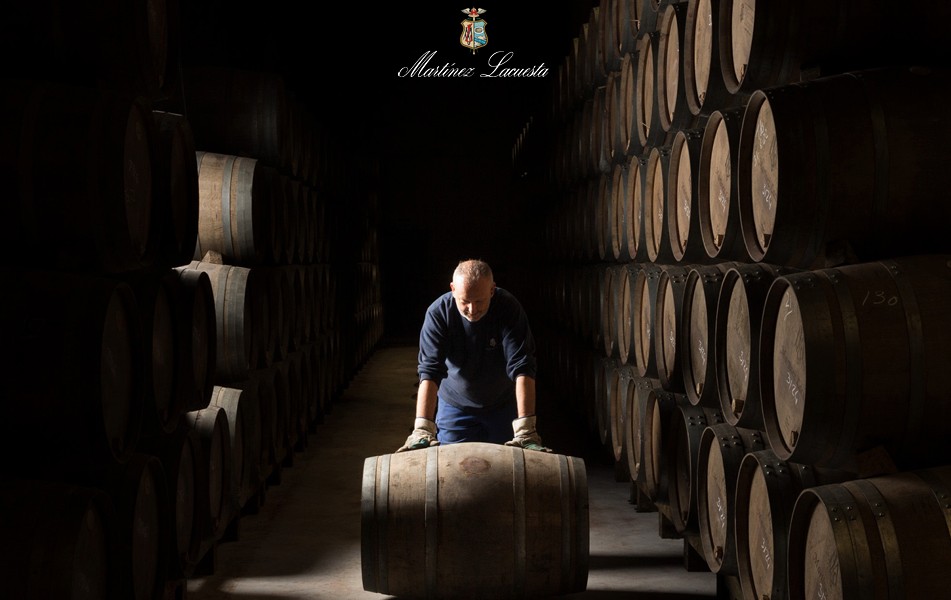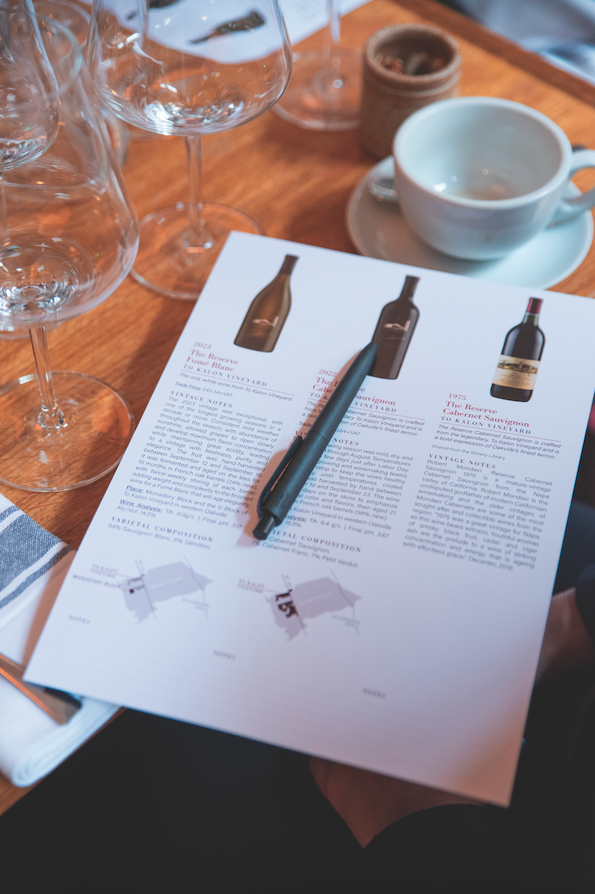It’s 2011 Bordeaux that’s the “big problem”
While Bordeaux begins to release the 2014s, one négociant warns that he needs to sell the 2011s before he even considers buying the latest vintage.
Jean-Christophe Mau, buying director for grands crus Bordeaux at négociant Yvon Mau, told the drinks business earlier this month that there is a lot of stock being held of the 2011, 2012 and 2013 vintages between the châteaux and the négociants, but it was 2011 that was presenting the greatest concern for the region’s distributors.
“The négociants Bordelaises have a lot of stock, and the bankers in Bordeaux are watchful,” he began.
He then said that of the last three vintages, “The négociants are holding the 2011s and 12s, and the châteaux have the stock of 2013, but it is the 2011 that is a big problem”.
“2013 will be a problem when it comes to the market in six months and, if we don’t manage to sell 2011 in the meantime, a majority of Bordeaux négociants will have cash problems,” he added.
He singled out the 2011 vintage as a major cause of concern because it was released at too high a price for the quality of the vintage, exacerbated by the fact it followed two exceptional harvests in 2009 and ’10, which collectors had stocked up on.
Mau admitted, “We bought too much 2011 and we bought at too high a price.”
On the other hand, his is more hopeful for 2012: “Everyone now wants to buy 2012 because it is the best quality of the three last vintages,” he said, referring to 2011, 12 and 13.
Partner Content
He also expects sales of 2012 to pick up following Parker’s re-appraisal of the vintage, which you can read more about here.
He then warned, “If the price is not good on the 2014s then the châteaux will keep the wine as the négociants won’t take it, apart from a few icon wines, because it’s too dangerous, they won’t take the risk as they have too much stock.”
Continuing he admitted, “The négociants have a lot of stock of 2011 and 2012 and they need to find a solution to sell it correctly before they buy another vintage.”
However, he said that he expected the châteaux to put up prices with the 2014 release because the vintage is better than 2011, 2012 and 2013; the euro is weak, and the price of credit is low.
Commenting further on the latter factor, he said, “It is cheap for the châteaux to stock the wine today, so if they can’t increase the price now, it might be better for them to keep the wine and sell it 2-3 years later.”




